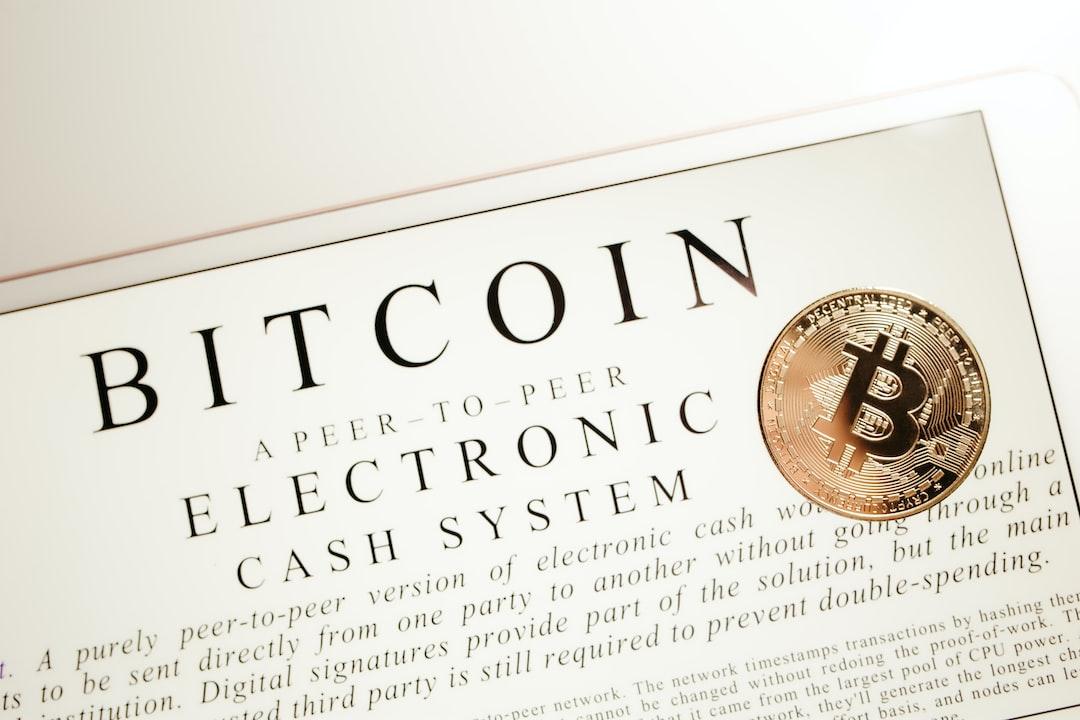Despite the proposed increase in crypto registration fees, venture capitalists still have faith in Nigeria’s potential. However, government restrictions on peer-to-peer (P2P) platforms may hinder the momentum of the services they can provide. Ray Youssef, the CEO of NoOnes, a financial communication and P2P app, explained that the Nigerian Securities and Exchange Commission (SEC) recently suggested raising the registration fee for crypto exchanges from 30 million naira ($18,620) to 150 million naira ($93,000). Youssef believes that this increase is an opportunity for major players like Coinbase to enter the Nigerian market, as the government aims to limit P2P services in order to address foreign exchange challenges. Exchanges that are willing to forgo P2P support can still operate smoothly in Nigeria. However, this strategy contradicts the strong preference for P2P trading in the Nigerian crypto market, posing a significant obstacle for exchanges. Nevertheless, Youssef remains optimistic about Nigeria’s position in the crypto ecosystem despite the recent regulatory challenges.
Youssef suggests that the government could view the abundance of P2P traders in Nigeria as an asset and treat crypto stakeholders as allies in order to harness the advantages of crypto for the nation’s economy. Nigeria currently holds the title of the largest P2P crypto market in the world, which arose after the Central Bank of Nigeria banned institutions from buying and selling crypto in 2021. The ban was lifted in December 2023, allowing crypto exchanges to apply for licenses in Nigeria.
Youssef also commented on the recent partnership between Gluwa and the Nigerian government, which aims to promote the adoption of the nation’s central bank digital currency (CBDC), the eNaira. He believes that the government could have taken a different approach by using the CBDC to stimulate local economic growth, provide credit to aspiring entrepreneurs, and encourage the younger generation to embrace it.
The Nigerian government has had a contentious relationship with cryptocurrency exchanges. Binance, for example, stopped using the naira on March 8 after facing criticism from the Nigerian government, which singled out crypto exchanges in February. In August 2022, Nigeria was recognized as the most crypto-obsessed country in the world based on the number of Google searches for “cryptocurrency” or “buy crypto.”
Magazine: Bitcoin reaches new record highs, SEC postpones options decision, and a stablecoin bill looms: Hodler’s Digest, March 3–9

